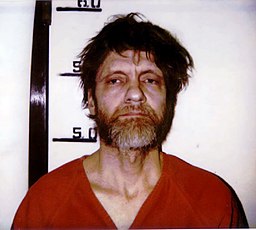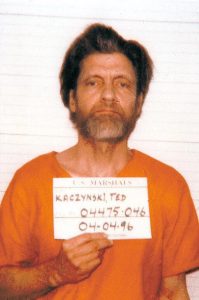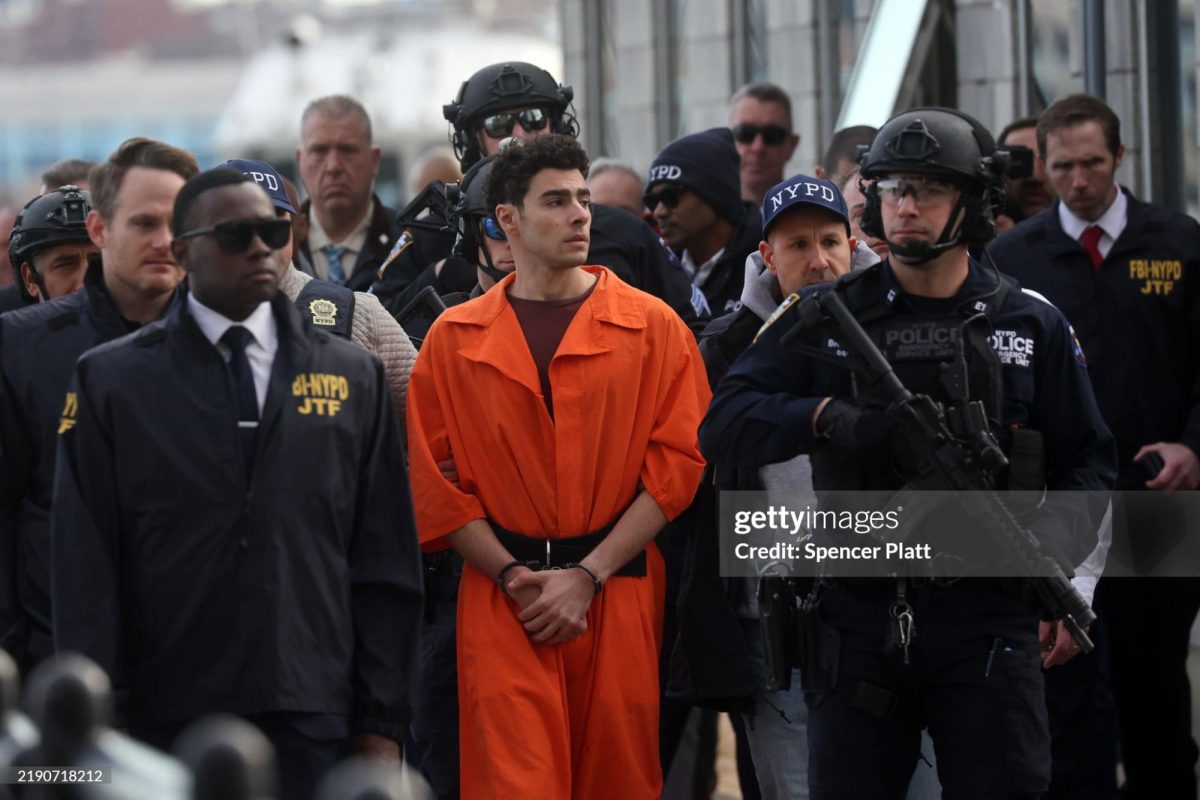Not many names hold as prominent a place in history as that of Theodore John Kaczynski, infamously known as the Unabomber.

The American mathematician and domestic terrorist died June 10th, 2023 leaving behind a trail of destruction, including three assassinations and numerous individuals injured.
Operating from a secluded cabin in rural Montana between 1978 and 1995, Ted Kaczynski orchestrated a series of terrorist attacks that resulted in the longest manhunt in FBI history and an eventual capture in 1996.

The horrors committed by Kaczynski understandably leads many to dismiss his ideas as mere ramblings of a deranged psychopath. However, in today’s world, marked by rapid technological advancements and an ever-worsening ecological crisis, there lies an undeniable significance in reexamining the philosophies that fueled Ted’s madness.
Beneath the destruction and atrocities, there is a man who embarked on a radical war against society. While his methods were despicable, the eerie resonance between Kaczynski’s prophecies and the world we live in today cannot be ignored. Ted fervently criticized our growing technological dependence and the catastrophic environmental consequences of our relentless pursuit of “progress”.
His manifesto, “Industrial Society and Its Future”, painted a clear picture that technology, which is often seen as a liberator, had instead become an instrument of enslavement. Kaczynski believed that the salvation of our planet and humanity necessitated the collapse of industrial society, an outcome he acknowledged could only be achieved through considerable destruction.
Ted was aware that his means would inflict suffering. Still, his justification rested in the belief that delaying the inevitable collapse would only lead to greater suffering in the long run.

In our present world, disillusionment with the status quo is widespread. Young people witness a world on fire, ice caps melting, pollution levels soaring, and overpopulation spreading, while those in power seem to have deserted their duty to protect us. This sense of abandonment has given rise to the resurgence of ideas akin to those espoused by Ted Kaczynski.
It is crucial to underline that the Unabomber’s heinous crimes are indefensible. Yet, they serve as a chilling reminder that even the most controversial figures can ignite essential conversations.
Separating the ideas from the brutality behind them may help us see some uncomfortable truths about our contemporary world. The path to a better society is undoubtedly not paved with bombs in mailboxes, but it starts with the understanding that there is something wrong with the world and that dialogue on difficult topics is where we reveal challenging answers.
In a time when the world hungers for deep introspection and social change, Ted Kaczynski’s paradoxical ideas and legacy urge us to confront the past while creating a path toward a more enlightened and sustainable future.





